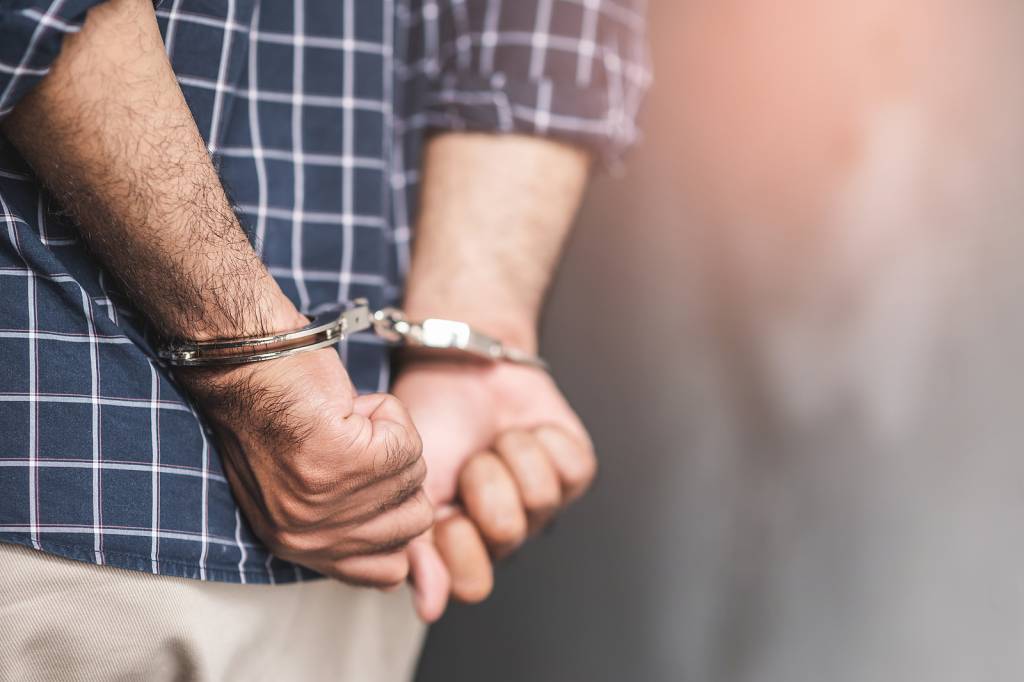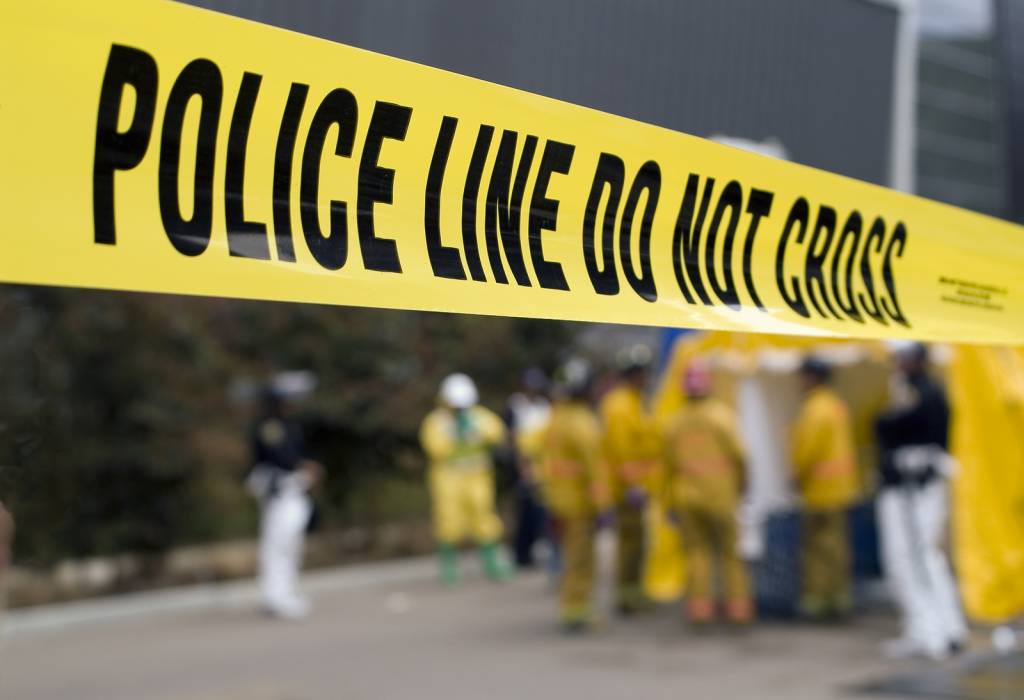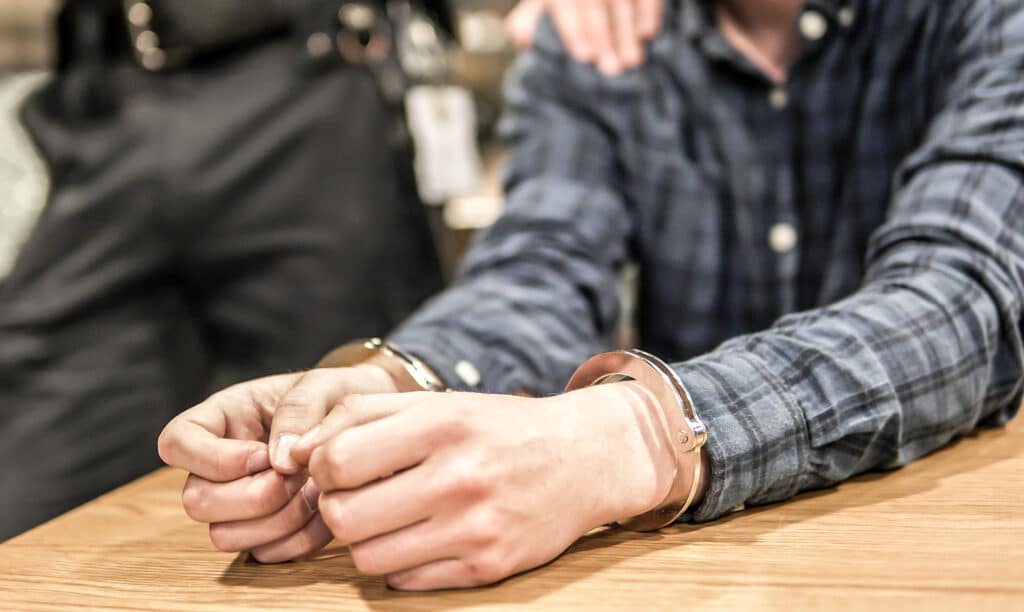About Driving Under the Influence
Being charged with driving under the influence (DUI) is not fun or easy. In fact, authorities in every state have progressively made penalties for those who are convicted of DUIs harsher and harsher throughout the years. The reason behind such harsh measures is that DUIs are too common and cause more and more accidents every single year. According to some estimates, approximately 30 people die every single day across the nation from accidents that are directly caused by someone who was impaired by alcohol or other controlled substances. That is a frightening statistic that comes with a cost of nearly $45 billion every year.
Clearly, DUIs are a major problem and hazard for anyone out in the road, so authorities are forced to take a harsh stand in order to deter people from driving under the influence. You probably already know that one of the tools that law enforcement officers use to determine whether a driver is drunk or not is a breathalyzer. Like many other people, you might have wondered at one time or another about what you would do if the police stopped you and asked you to take a breathalyzer test. You can just say no, right? If you’re unsure, that would be a good question to ask a criminal defense lawyer. After all, they won’t force you to take the test, so what evidence can they possibly use to convict you of a DUI? That type of thinking leads a lot of people to adamantly refuse to take a breathalyzer test when police officers stop them and ask them to. But can you, or should you even do this?
The Consequences of Refusing a Breathalyzer Test

When a driver is intoxicated and police officers stop him or her to comply with a breathalyzer test, it is very easy for this person to think that he or she can get away from having to pay the consequences of a DUI by simply refusing. This person probably reasons that with no solid evidence, the police will simply let him or her keep driving home and that will be the end of that.
In such an impaired state of mind, this probably makes a lot of sense, but, of course, that is not how things will work out. First of all, refusing to take a breathalyzer test does not mean that police officers do not have any evidence or grounds to charge a driver with a DUI. By the time that police officers ask a driver to take a breathalyzer test, they have already gathered enough evidence to charge a driver with a DUI. When a police officer asks a driver for his or her license and registration, the officer observes the driver’s behavior for signs of intoxication such as fumbling to find the documents, confusion, and the smell of liquors or any other substances. Officers will then ask the driver to perform a notoriously difficult field sobriety test that might include walking in a straight line; these field sobriety tests are so difficult that perfectly sober people tend to fail them. The next step is to ask the driver to comply with a breathalyzer test; not only does refusing not get the driver off the hook since there is already enough evidence for a DUI charge but it will also lead to more severe consequences because of implied consent laws.
Implied Consent Laws

Most people think that they have a right to drive their vehicle whenever they want, but the fact is that driving is a privilege and not a right. You are allowed the privilege of driving a motor vehicle but have to consent to and comply with certain laws and regulations in order to maintain that privilege. While refusing to take a breathalyzer test might seem like a good idea it really isn’t because of implied consent laws which state that once a driver has gotten behind the wheel of a motor vehicle he or she has already agreed to comply with a breathalyzer test or other chemical sobriety test (blood or urine) when a law enforcement officer asks for one.
By refusing a breathalyzer test a driver is breaking implied consent laws and this will make his or her situation even more difficult because the DUI penalties will be more severe upon conviction. For example, in the state of California, a driver who refuses to comply with a breathalyzer test or other chemical sobriety test will lose his or her license for one year and a second refusal will lead to a license suspension of two years. With this in mind, it becomes clear that refusing to take a breathalyzer test is not such a great idea although it might still seem like it is for people who are facing severe consequences because of a fourth DUI or beyond that.
“No-Refusal”
Despite the fact that refusing a breathalyzer test carries severe penalties, people who are stopped by law enforcement officers on suspicion of committing a DUI still use it as a means to try to avoid the consequences. In fact, this happens so often that some states have decided to employ “no-refusal” initiatives to force suspects to comply with a chemical sobriety test by means of a warrant. Ironically, knowing that police officers will have to obtain a warrant to actually force them into a chemical sobriety test has led some drivers to refuse a breathalyzer since they believe that having to get a warrant will take so long that they will be able to sober up by then. This tactic might have worked years ago, but with the advent of the Internet and modern technology, police officers who decide to go this route can get a warrant in minutes. Thankfully, not all states have no-refusal initiatives, and only some of those who do
The Importance of Getting an Attorney
Another point that must be considered when it comes to submitting to a breathalyzer test or refusing is the fact that when a driver does choose to submit, his or her attorney will be able to contest the results later on; whereas, a refusal will be used by the prosecution to imply that the driver knew that he or she was intoxicated and that is exactly why he or she refused the breathalyzer test. Even a first DUI carries severe penalties aside from license suspension such as jail time, fines, and much more; and those penalties get more and more severe as a driver is charged with subsequent DUIs. This is why it is so important to contact an experienced attorney who knows how to handle DUIs. Your attorney will not just be able to fight the breathalyzer results if you did comply, but other aspects of the case such as whether the arresting officer really had reasonable suspicion or probable cause to make the initial traffic stop. A great DUI attorney can turn many stones in order to get the charges dropped entirely or at least obtain lesser penalties for the defendant.










